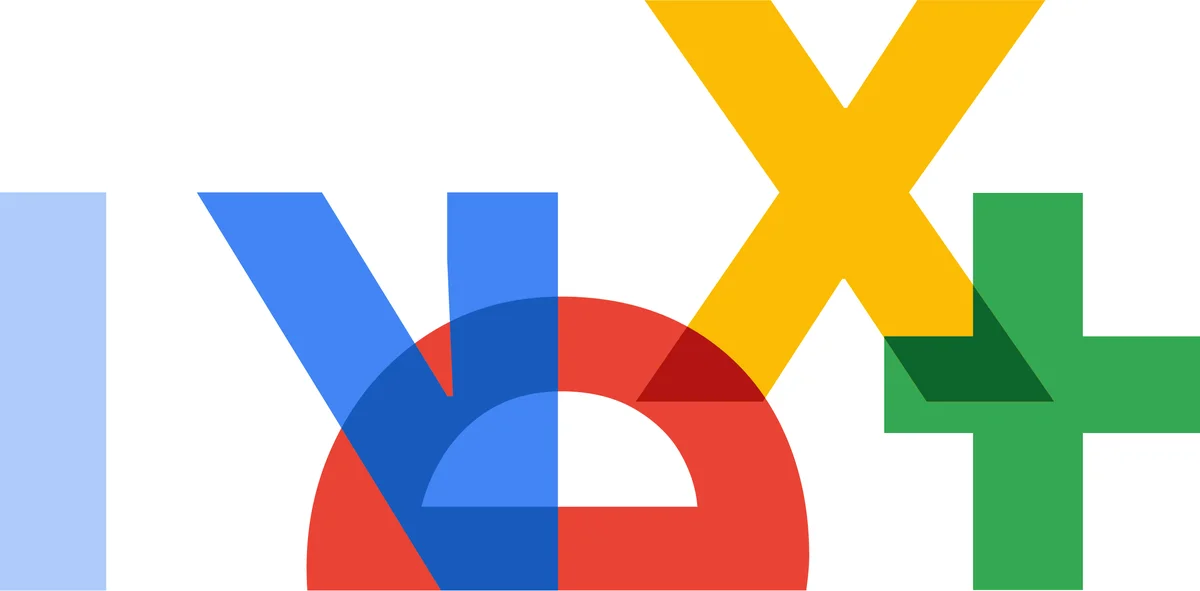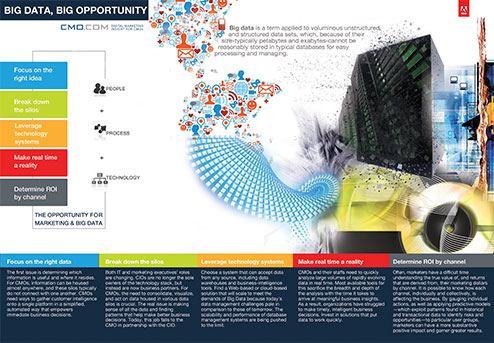Another weekend spent in sunny Las Vegas to celebrate the future of technology—this time at Google Cloud Next ‘24. Surrounded by another 30,000 Google enthusiasts at the Mandalay Bay Conference Center, we anticipated leaving the latest insights that we would learn surrounding Google Cloud, and how these would continue to help businesses around the world provide a modern infrastructure that is ready for the next generation of cloud technologies.

Yet as the conference progressed, core cloud infrastructure technologies were rarely the center of the conversation. Cloud Next was—yes, you guessed it—all about generative artificial intelligence (gen AI). Google spend the entire week announcing a slew of AI enhancements that were created to improve productivity across the platform suite as well as help customers take advantage of Google’s novel creations, including their brand-new AI Hypercomputer, Gemini and Vertex (more on those in a minute).
Best said by Thomas Kurian, CEO of Google Cloud itself, “We’re at a pivotal moment in our industry. We’re reinventing infrastructure to support a new age of AI.”
In this piece, we will first cover the biggest updates provided by Google; then we will delve into some larger industry trend takeaways that can be applied to the entire industry. Ready to hop in? Let’s begin!
Newest Innovations from Google Cloud
Gemini 1.5 Pro
Originally released in February 2024, Sundar Pichai, CEO of Google and Alphabet wrote that this next-generation model, “delivers dramatically enhanced performance, with a breakthrough in long-context understanding across modalities.”
At the event, a great deal of time was spent demonstrating how this model significantly increases the amount of information that Gemini can process, by running up to 1 million tokens consistently. For those who have limited technical fluency, tokens can be described as the building blocks used for processing information. No other competitor even comes close to a million (the closest is 200K from Anthropic’s Claude 2.1, and significantly beats out GPT-4 Turbo with its 128K tokens.) More tokens equals a drastically enhanced performance, with the ability to complete complex tasks more quickly while maintaining quality.
“With these advances, enterprises can do things with AI that just weren’t possible before,” Alphabet CEO Sundar Pichai says. Throughout the conference, we learned of how Gemini can be inserted into all aspects of Google Cloud and businesses applications. For example, in Google Workspace, users can easily summarize meeting notes from lengthy transcripts and check to ensure that their proposals comply with compliance proposals. With time we will see just how many opportunities Gemini 1.5 Pro will create for enterprises everywhere.

Vertex AI
Another big focus for Google at the conference was its’ Vertex AI, a fully managed and unified platform meant for building and using gen AI. Vertex AI offers access to Gemini and allows data scientists and machine learning (ML) engineers to prompt and test everything from text, images, video and code for various use cases of data preparation, model training, monitoring and deployment.
In short, Vertex AI is a scalable solution that can help users accelerate and automate ML development and build generative applications more quickly. It touts the ability to reduce complexity, since it’s all on one easy-to-use platform. It might not be a tool that everyone within an organization will put their hands on, but its’ influence will undoubtedly be felt across the world.
In mentioning Vertex AI and Gemini, it’s also important to note is that Google announced the new AI Hypercomputer at the conference. This hypercomputer is the bedrock of its AI platform and they have huge plans to offer end-to-end infrastructure through it, which provides everything from storage to hardware.

Google Vids
While still centered around AI capabilities, another fun announcement from Google was all about Google Vids, a new video creation application within Google Workspace that allows users to create all different kinds of business-appropriate content—from training videos to product pitches—all from the comfort of their browser.
The launch of Google Vids will help businesses of all levels embrace video, potentially even for the first time, and do it in a way that inserts their own personality. Because it’s part of Google Workspace, there’s full integration with Docs, Sheets and more, and boosted collaboration across your teams.

General AI Trends
AI & Security
As a society, we’ve faced our initial fear of AI—worries like how it’ll inexplicably overpower the human race tomorrow. Yet there are still very real threats this emerging series of technologies will have, most critically in regard to cybersecurity. That’s one area Google remained focused on throughout the event.
Cybercriminals aren’t really leveraging generative AI that much…yet. According to Chris Corde, product manager for security operations at Google Cloud, “We haven’t seen that kind of activity yet.” But he anticipates that we will see AI being used to make attackers more productive and effective. Organizations needs to tap into AI to improve cybersecurity efforts in order keep up a fair fight against the bad guys.
Google is simply following (or leading) this industry trend. An Acumen report estimated the global market for AI-based cybersecurity products was about $15 billion in 2021, but will surge to roughly $135 billion by 2030. We saw examples of security capabilities in Gemini via its new Threat Intelligence, to provide in-depth research and flagging threats before they affect your business, allowing for natural language prompts to spot issues. Google also shared how its Security Operations will provide AI-assisted investigations, and Gemini in Security Command Center will help businesses react to attacks or threats before they do too much harm. And of course, Google ensures that everything they do is in line with their AI Principles and robust safety policies, to ensure models undergo extensive ethics and safety tests.
AI Use Cases
It’s one thing to hear about AI’s futuristic capabilities; it’s another to see its’ practicality in today’s world. Something that was really helpful at Cloud Next was the various customers Google highlighted, to share their stories and positive experiences with Google Cloud technologies.
Ola Kallenus, the CEO of Mercedes-Benz, joined the main stage to demonstrate how Google Cloud is supporting a high-end customer experience through AI by creating a more personalized experience. Kallenus hinted how these technologies could (sooner than later) expand to automated driving.
We also heard from Daria Khosrowsahi, CEO of Uber on how Google Cloud is helping the company ensure workers are collaborating more effectively. There are many complex processes that must run smoothly behind the scenes for Uber to keep providing a magical user experience, but by using the AI-enabled Google Cloud, they’ve seen boosted productivity and efficiency, and even employee retention.
Another speaker comes from Accenture, who announced a partnership to help other enterprises harness the value of AI to improve operations, create new lines of businesses, and build unique customer experiences. This initiative will help Accenture customers determine how to utilize, build and scale with Gemini based on their business objectives.
Building a new way to cloud
The flood of information around AI was endless at Cloud Next. But even Google executives conceded it’s still incredibly early for the adoption of these emerging technologies in the enterprise. It’s clear that AI will remain a centeral topic at events for years to come, and that was are just barely scratching the surface of its challenges, threats, opportunities and capabilities. So, while AI was the talk of the town, it will take quite a while before organizations lacking digital sophistication (which is mostly everyone) will take full advantage of all that Google has to offer. But that didn’t stop attendees from embracing the innovations and dialogue coming out of Cloud Next, and we allotted the time to dream a little dream with Google.


